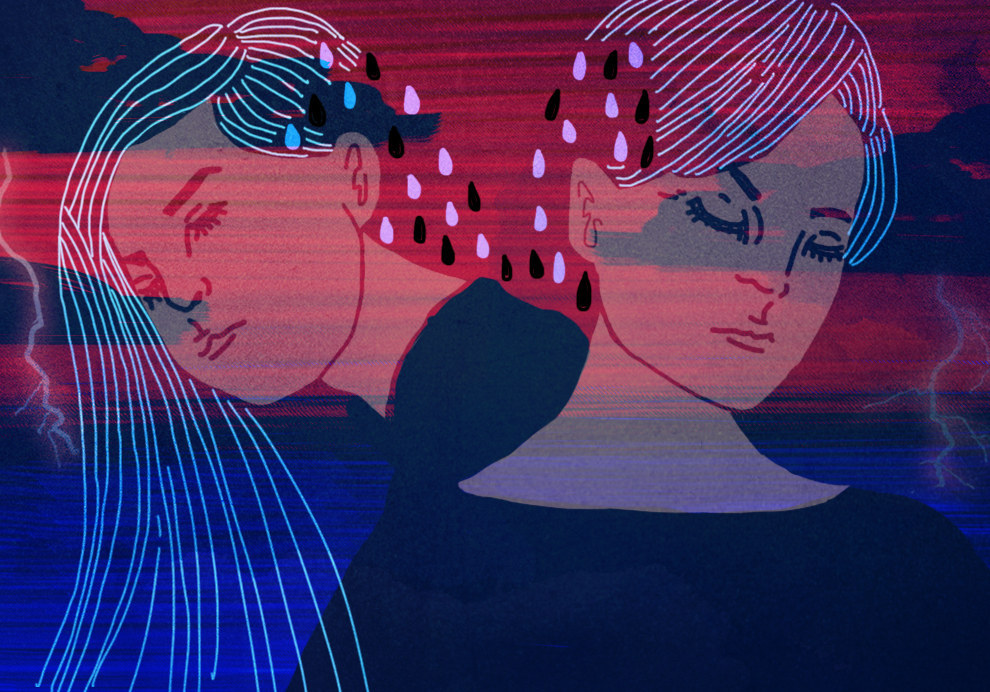Keep your hands to yourself! Scratching your itch can actually cause it to return even stronger, says a new study from the Washington University in St. Louis.
Researchers injected mice whose bodies could not produce their own serotonin with a substance that was supposed to make them itch. But they didn’t scratch much, meaning they didn’t feel too itchy. When the researchers shot serotonin into the rodents, they began scratching like crazy.
So the more serotonin you have, the more you itch, says study author Zhou-Feng Chen, Ph.D.
And guess what increases serotonin? Yep: That nice, hard scratch you give your skin to rub that itch into oblivion.
When you go to town on your skin, you’re actually injuring it, which causes a pain signal to zap to your brain. Your brain knows that pain isn’t good for your body, so it attempts to relieve it. To do so, it pumps out a full production of serotonin to dull that hurt.
But the researchers found that serotonin actually activates your itch pathways, which only intensifies that tingly, skin-crawling feeling. And your body needs this neurotransmitter for a bunch of important bodily functions, including regulating your mood. That’s why it’s called the “happy chemical,” says Chen. If you don’t have enough of it, you may develop other problems, like depression.
The solution: Slap an ice pack on your screaming skin—the cold sensation can reduce the itch, says Chen. And if your itch is accompanied by flaking, you might have dry skin. A moisturizer could be all the relief you need.
But for people with chronic itch—say, folks with psoriasis or atopic dermatitis—these findings might spell more consistent relief in the future. Scientists may one day be able to block the communication between the serotonin receptors and the itch receptors, says Chen. And that would stop your itch dead in its tracks.


















